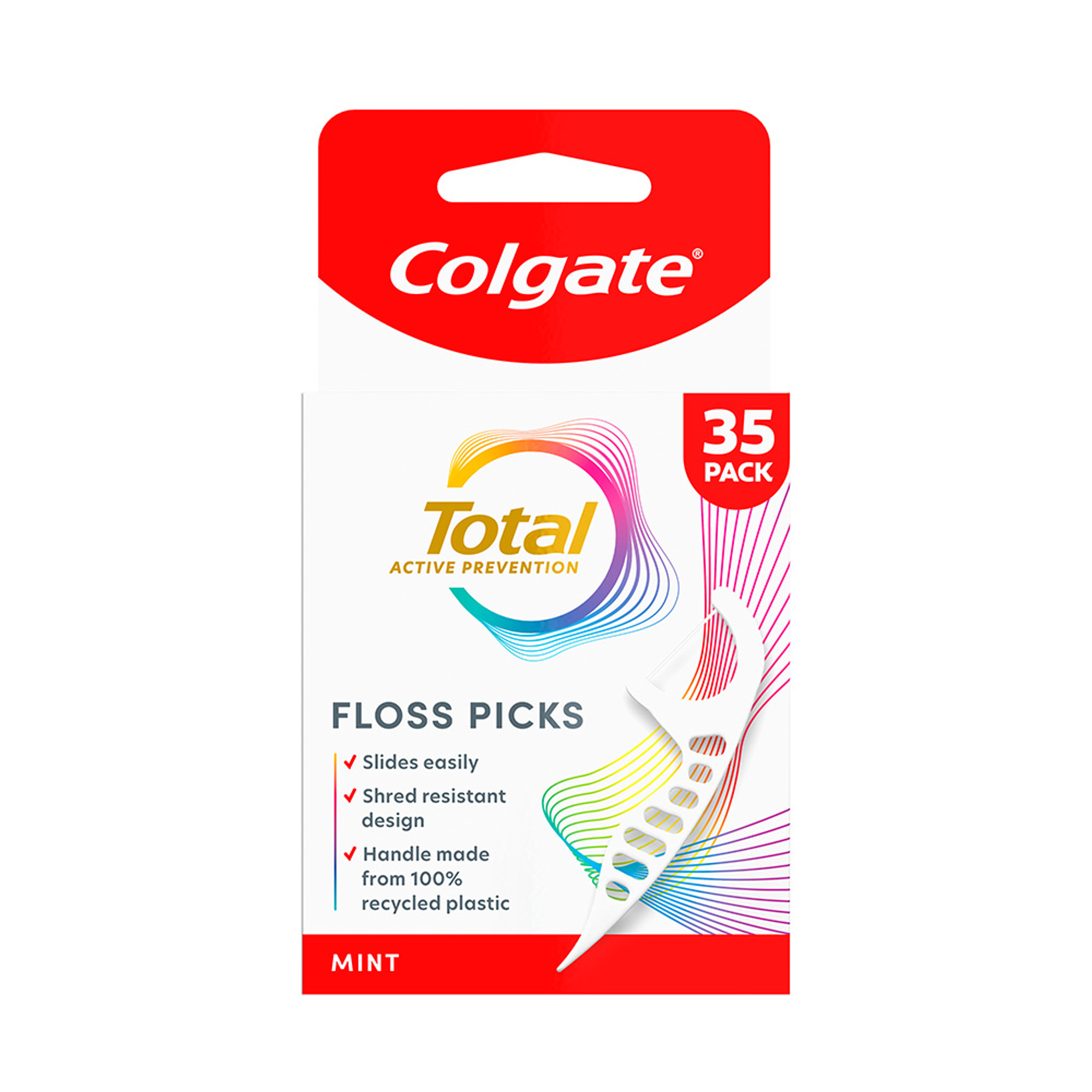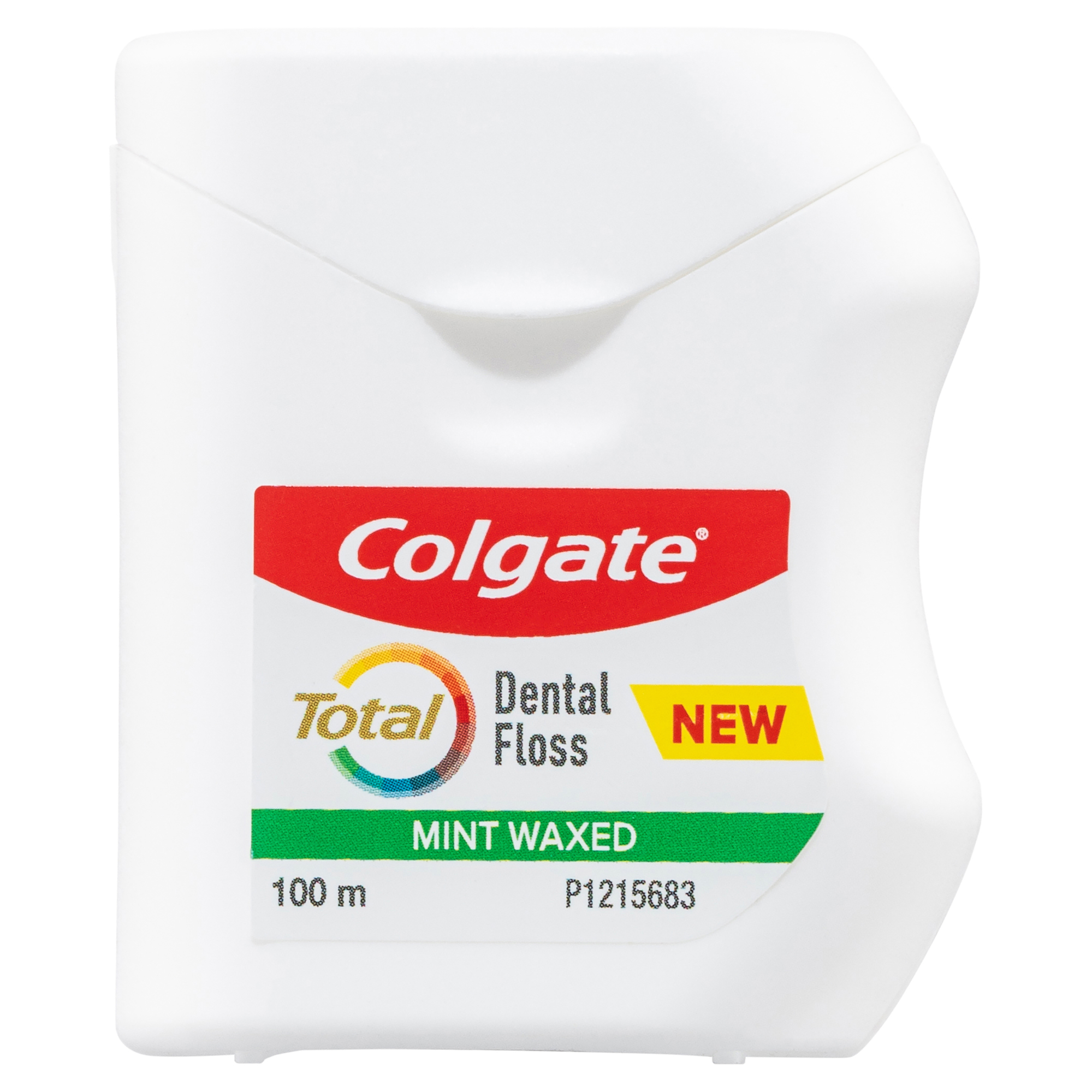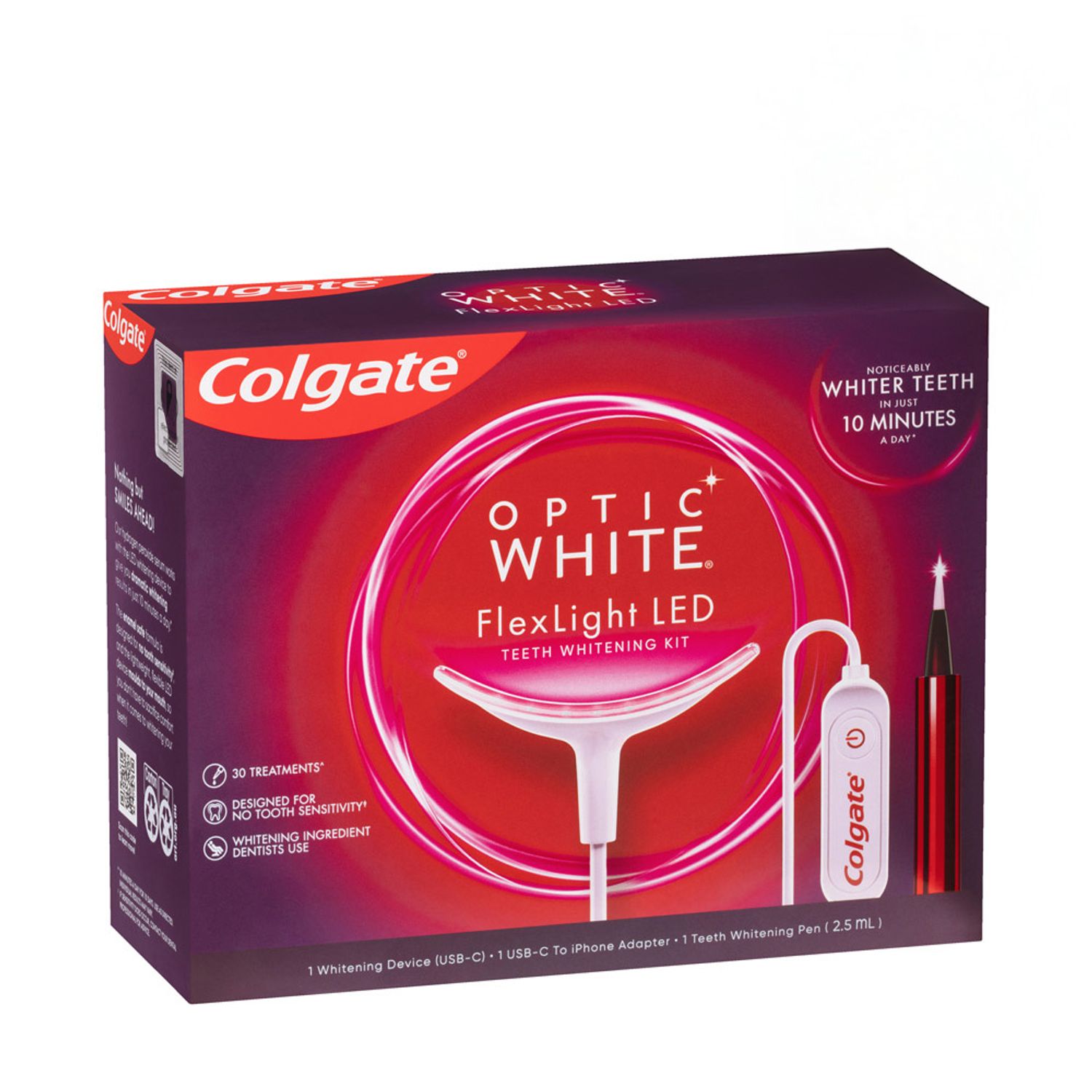-
-

BRUSHING & FLOSSING
How to BrushWhat Is the Right Way to Brush?
Proper brushing takes at least two minutes — that's right, 120 seconds!...

BRUSHING & FLOSSING
How To FlossWhat is the Right Way to Floss?
Proper flossing removes plaque and food particles in places where a toothbrush cannot easily reach... -
Science & Innovation
- Home
- Oral Health
- How Many Teeth Do We Have?


Have you ever wondered how many teeth you have? Well, the answer depends on a few factors; the first is your age. If you are a child, it is different to being an adult because you have a different set of teeth. So, let's start with children — how many teeth do they have?
Baby Teeth
According to the Australian Dental Association (ADA), children begin teething at about four to ten months of age. The technical term for these baby teeth is primary (deciduous) teeth, which the ADA says begin to erupt at six months, and all primary teeth are in the mouth by 3 years old.
Children will have 20 baby teeth — 10 in the upper jaw and 10 in the lower jaw. These teeth act as placeholders for the adult teeth that grow in shortly after the baby teeth fall out. Keep in mind that just because these teeth are destined to fall out doesn't mean that it isn't important to take care of the baby teeth and keep them clean and healthy. Begin developing healthy nutritional and tooth-brushing habits shortly after your child begins teething. According to the Victoria State Government Better Health Channel, most children begin to lose their baby teeth between the ages of six and seven, which are then replaced with their adult teeth. This process will continue into their teens.
Adult Teeth
The Victoria State Government Better Health Channel states that the permanent teeth start to develop in the jaws at birth and continue after a child is born, completing their eruption by about 21 years. A total of 32 teeth will erupt in the mouth for the permanent teeth. These teeth include: 8 incisors, 4 canines, 8 premolars, and 12 molars (including 4 wisdom teeth). There are 16 in the upper jaw and 16 in the lower jaw if you have all 32 teeth. It is common for adults to have their wisdom teeth removed because there is not always enough room for them to erupt comfortably and into normal function.
So, how many teeth do we have? Typically, children have 20 and adults have 32 (28 if the wisdom teeth are removed). And each one of them needs your best care to keep them plaque- and decay-free. See your dental professional for regular dental check-ups and cleaning and to assess your dental care needs. Learn more about taking care of your teeth here in the Colgate Oral Care resources.
This article is intended to promote understanding of and knowledge about general oral health topics. It is not intended to be a substitute for professional advice, diagnosis or treatment. Always seek the advice of your dentist or other qualified healthcare provider with any questions you may have regarding a medical condition or treatment.
This article is intended to promote understanding of and knowledge about general oral health topics. It is not intended to be a substitute for professional advice, diagnosis or treatment. Always seek the advice of your dentist or other qualified healthcare provider with any questions you may have regarding a medical condition or treatment.
Related Products

Helping dental professionals
More professionals across the world trust Colgate. Find resources, products, and information to give your patients a healthier future











